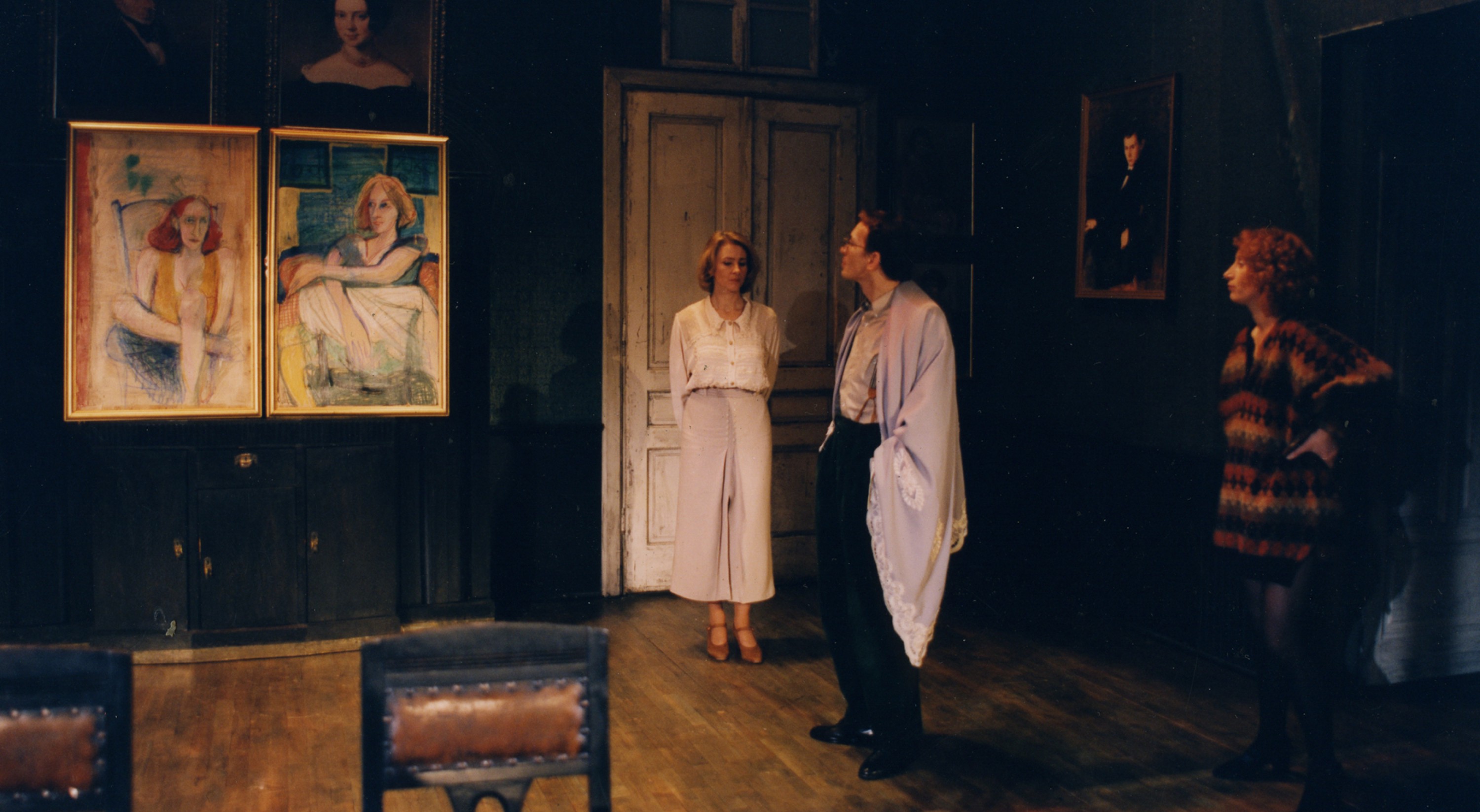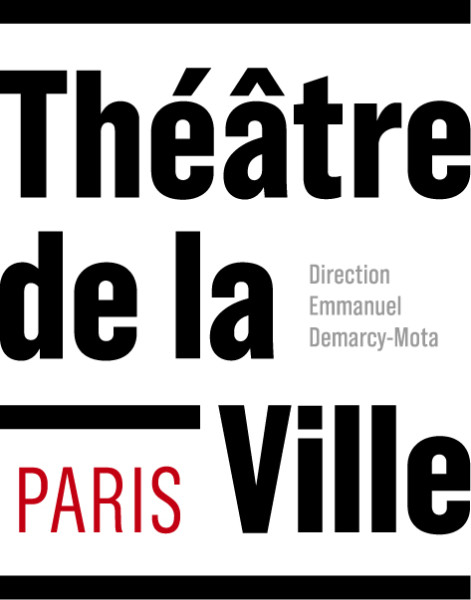Krystian Lupa
Déjeuner chez Wittgenstein / / Wittgenstein’s Nephew
[Ritter, Dene, Voss] by Thomas Bernhard
decemberdec 13 – 18
Directed and stage design by Krystian Lupa
Text, Thomas Bernhard, based on a translation by Jacek St. Buras
With Małgorzata Hajewska-Krzysztofik (Ritter, the younger sister), Agnieszka Mandat (Dene, the older sister), Piotr Skiba (Voss, Louis)
Music, Jacek Ostaszewski
Assistant set designer, Piotr Skiba
Organization, Janusz Jarecki
General Stage manager, Zbigniew St. Kaleta
Lighting operator, Adam Piwowar
Sound operator, Marcin Fedorow
Stage management, Jacek Puzia
A Narodowy Stary Teatr Cracow production // In association with Théâtre de la Ville-Paris ; Festival d’Automne à Paris // With support from the Adam Mickiewicz Institute // First performed on 19th October 1996 at Stary Teatr (Cracow)
In partnership with France Inter
Krystian Lupa’s staging of Ritter, Dene, Voss (Wittgenstein’s Nephew), in 1996, marked his first encounter with the theatre of Thomas Bernhard, four years after his adaptation of the latter’s novel Kalkwerk (The Lime Works). Reputed for his deeply personal adaptations of novels, Lupa keeps to every word in Thomas Bernhard’s text, stage directions included. In the French translation, the piece was published under the title of Déjeuner chez les Wittgenstein. Bernhard was friends with Paul, nephew to Ludwig Wittgenstein, the philosopher and logician to whom his work makes reference. The three names in the original title of the piece refer to the three actors - Ilse Ritter, Kusten Dene and Gert Voss - held in great esteem by Bernhard. They are also the names of the three characters in this three-act piece: before, during and after lunch.
Their parents have left a sizeable home to Ritter, Dene and Voss, in which the two sisters, jobbing actresses, live. The setting for the play is a dining room, filled with old furniture and family portraits - father, mother, and uncles - hanging from the walls. One of the sisters has dragged her brother Voss, a philosopher with a passion for logic, away from the care home where he has been interned. They are waiting for him for lunch.
An intense, suffocating, single-room drama develops between these three seemingly-paralyzed individuals, caught up in the web of their own resentment. They tear themselves to pieces before our very eyes. We are given a concentration of Lupa’s mastery as director here, not just in terms of staging, but in the way he directs his three actors, Małgorzata Hajewska-Krzysztofik, Agnieszka Mandat and Piotr Skiba. The tension in their acting beats out the immobility of time passing.
In the same place

